Here are a few of my favorite books from 2016 that should make their way into your library in 2017. Most of the books focus on entrepreneurship, leadership, culture, or some combination of the three.
1.) Extreme Ownership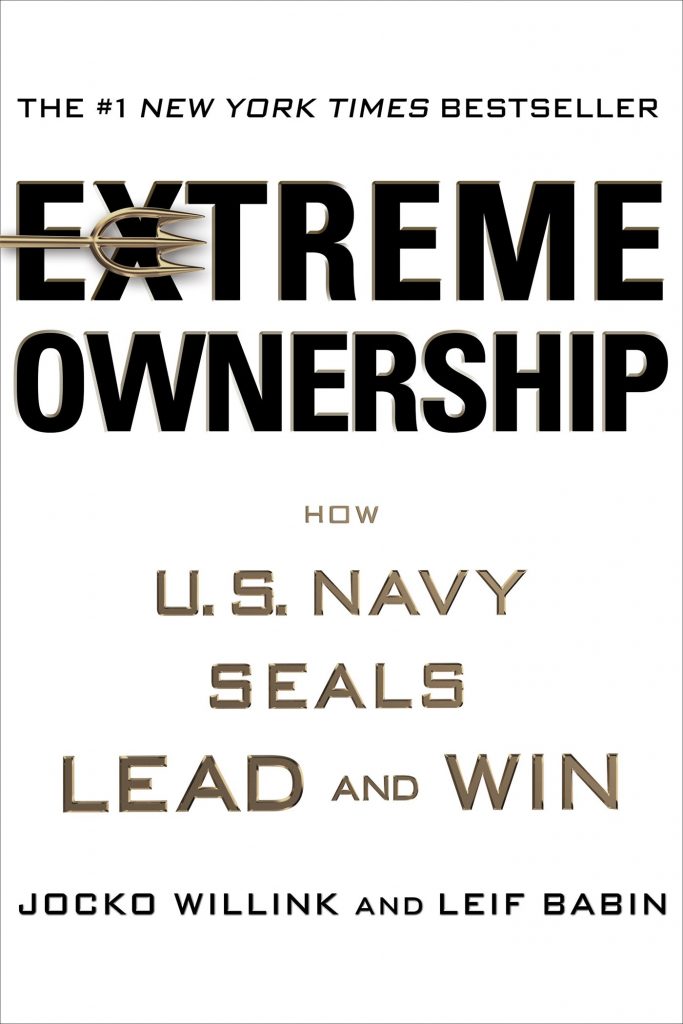
Extreme Ownership: How U.S. Navy SEALs Lead and Win, by Jocko Willink and Leif Babin, details how to become a more effective leader, using examples from the battlefield and boardroom. Extreme Ownership, was the clear number one book I read in 2016, so much so, that I’ve made my way through it multiple times. The authors lay out clear principles for becoming an effective leader, using actionable examples that any leader, at any level, can start implementing today. Chapters include “Simple” which illustrates why communication must be clear, concise, consistent and above all simple. Other chapters include: “No Bad Teams – Only Bad Leaders,” “Believe,” “Leading Up and Down the Chain of Command,” and “Decentralized Command” which discusses the importance of teams knowing their mission so they can make appropriate decisions and why leaders must not take or too much responsibility or become too disengaged.
2.) The Startup Owner’s Manual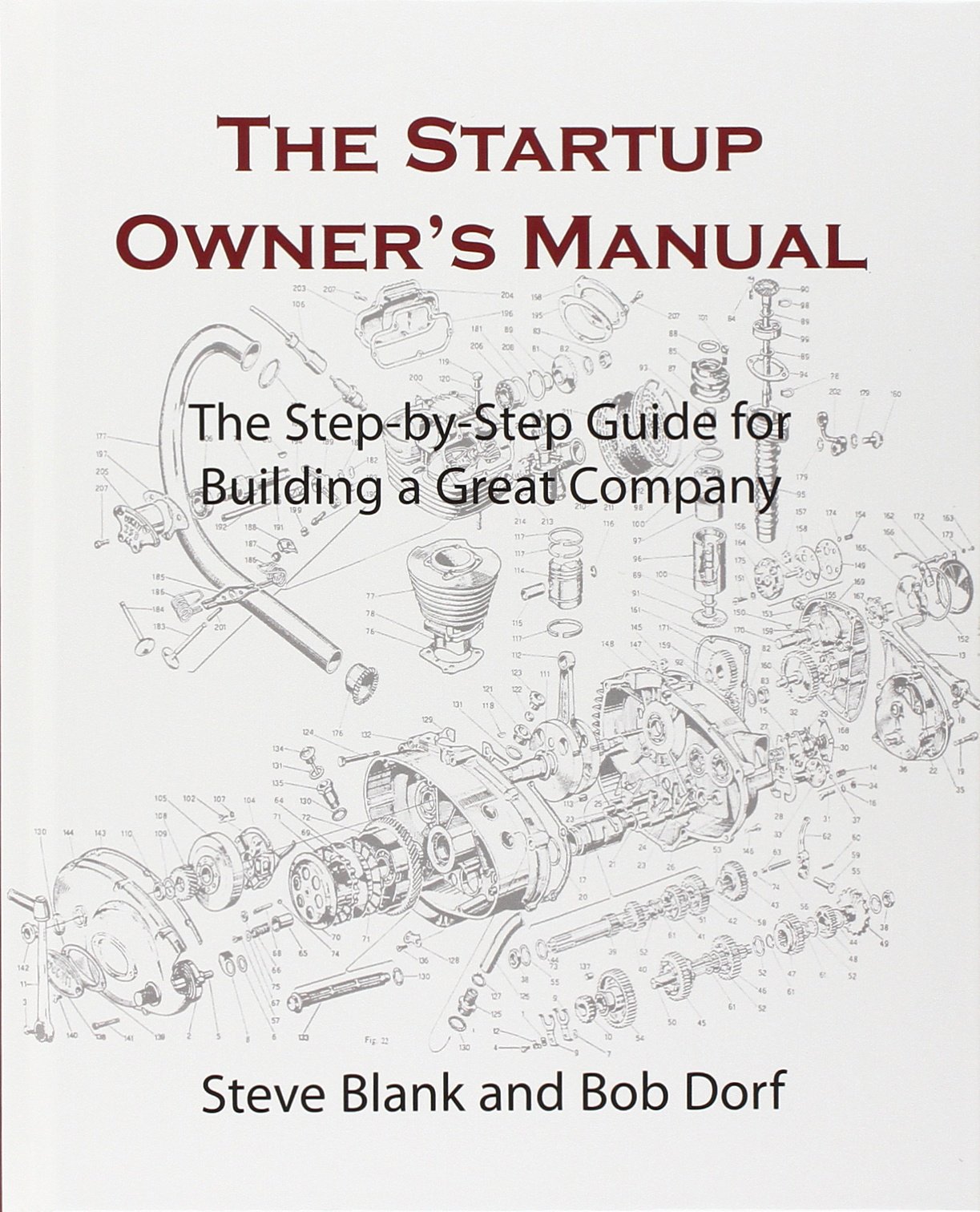
The Startup Owner’s Manual: The Step-By-Step Guide for Building a Great Company, by Bob Dorf and Steve Blank, provides entrepreneurs a detailed step-by-step guide for building a scalable and profitable startup. This book isn’t a quick read, your going to want to set some time aside to make it through this book. The pages are packed with detail and tactical examples, and you’ll likely need time to digest everything. Essentially what the authors have created is a reference book for starting your own company. The theme of the book is that no business plan survives its first contact with customers, and that to be success you must conduct customer discovery to validate your ideas.
3.) Lean Startup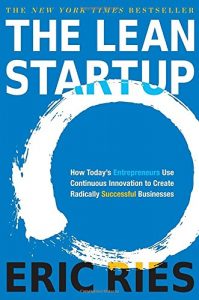
The Lean Startup: How Today’s Entrepreneurs Use Continuous Innovation to Create Radically Successful Businesses was written by Eric Ries. Most startups fail, but with the lean startup methodology, Ries says that is preventable. If you have entrepreneurial aspirations or if you are an intrapreneur, then this book if for you. The book focus on taking a validated learning approach to business ventures. This build, measure, learn approach focus on making small hypothesis then testing them. Ries walks through how companies like Zappos, followed this approach to create a minimum viable product and create success.
4.) EntreLeadership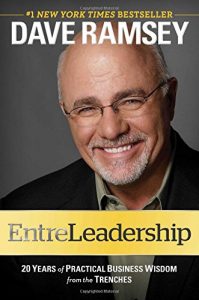
EntreLeadership: 20 Years of Practical Business Wisdom from the Trenches, by Dave Ramsey, details how he created a multimillion dollar business from his living room card table. Ramsey asserts that any company is only as strong as its leaders, and provides a tactical blueprint to grow your business (or team) by becoming a better leader. At first I was skeptical when I first picked up this book, previously I hadn’t seen Dave Ramsey as an expert on leadership or entropunserhips, however, I was pleasantly surprised. One of the chapter include “‘Spineless Leader’ is an Oxymoron,” where he describes how leaders much make decisions quickly, and provide rationale as to why those decisions were made. Ramsey suggest that leaders who don’t make quick decisions tend to lead organizations that fall apart. Other chapters include “Business is Easy… Until People Get Involved,” “Death of a Salesman,” and “People Matter Most.”
5.) Work Rules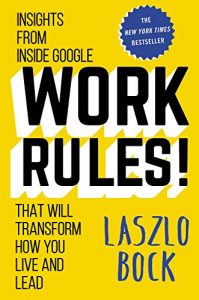
Work Rules: Insights from Inside Google That Will Transform How You Live and Lead by Google’s Head of People Operations, Laszlo Bock, details the philosophy and framework for attracting and retaining the best talent. The book is a great read for anyone in human resources or believes in the power a great culture has on employees. Bock discusses why Google ditched traditional recruiting processes like résumés and job boards, and why they spend more than most on recruiting. He also discusses how they take a scientific and experimental approach to new perks and benefits (which he asserts don’t need to be costly). Work Rules also walks through what makes a good manager, which include: being a good coach, empowering the team, being results-oriented, and having a clear vision, but also how to measure the effectiveness of managers.
I hope you found a few new books to add to your reading list in 2017, and if you’ve already read a few let me know what your thought.



Comments are closed.